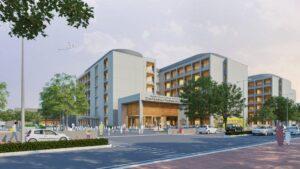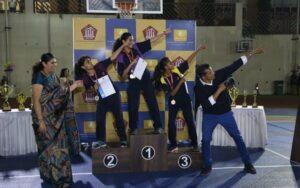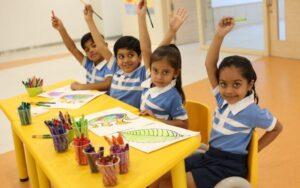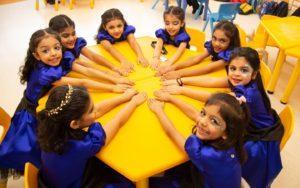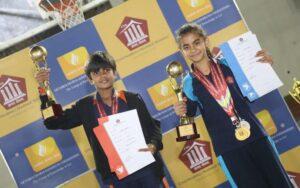Academics
PRESCHOOL IN PUNE
CAMBRIDGE EARLY YEARS PROGRAMME
The Cambridge Early Years Programme is a holistic curriculum for children aged three to six years. This pre-school programme reinforces the child’s ability and creates confident, responsible, reflective, innovative and engaged learners. This enables and strengthens the child’s feelings of emotional attachment and self-worth.
Our uniquely prepared child-centric environment – safe and secure, supports our children to develop physical, cognitive, social and emotional aspects of development through Language and Literacy, Creative expression, Math, Thematic and Physical development. The exclusive design of the classrooms coupled with engaging classroom resources help the children of this age group to make their own choices in a play-based approach and arouse the child’s curiosity and learning experiences. This hugely aids the process of developing their knowledge, understanding and acquiring skills that they need to make the best possible start in life.
The curriculum teaching and learning align so accurately that it helps children transition seamlessly from play-based learning to more formal upskilling.
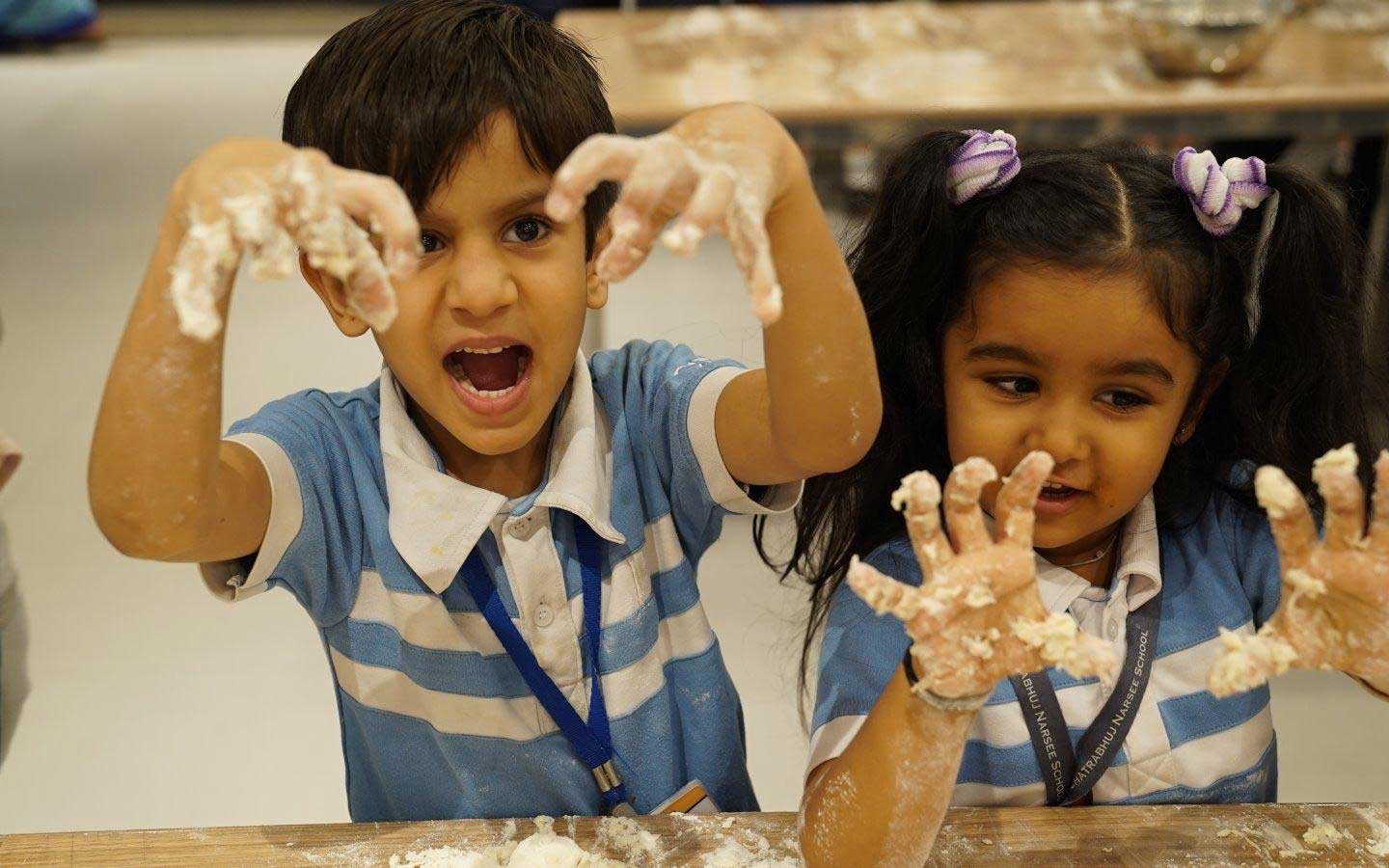
Classrooms Appeal to the
Child’s Curiosity
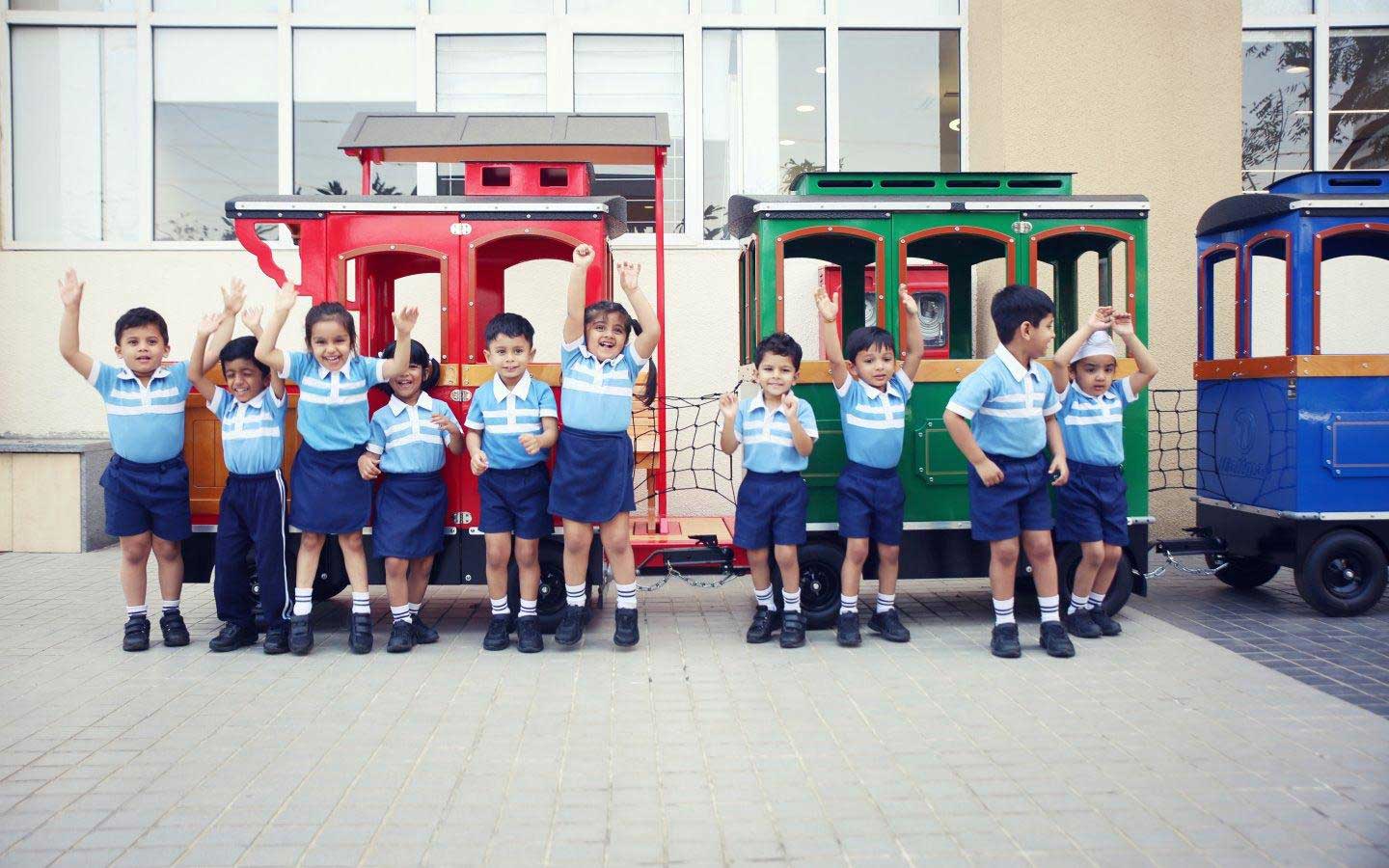
Early Years in Our Unique
Toddler Environment
Our Core Curriculum will revolve around:
Art – develops learning skills like cutting, drawing, painting and collage.
Sensorial activities – help them explore the world through all five senses. This hones key concepts like recognition of shapes and colours and discrimination of size.
Understanding the world – Supports the children’s fascination about the world and generates a love for learning of different traditions, cultures and food.
Science – children learn about the different classifications and well as perform science experiments aided by the teacher.
Language and literacy – listening, speaking and singing based activities make learning language fun and support the development of pre-reading skills such as patterning, classifying and sequencing. Children also learn the phonetic sounds that each letter makes through songs.
Reading and Writing – Reading is supported partly with phonetics and partly through picture memory of high-frequency words. There is a variety of reading material available and found in the reading corners and listening stations.
Math – consists of counting and quantity, number recognition, graphing, fractions, money and time apart from learning the four basic mathematical operations (addition, subtraction, multiplication, and division)

